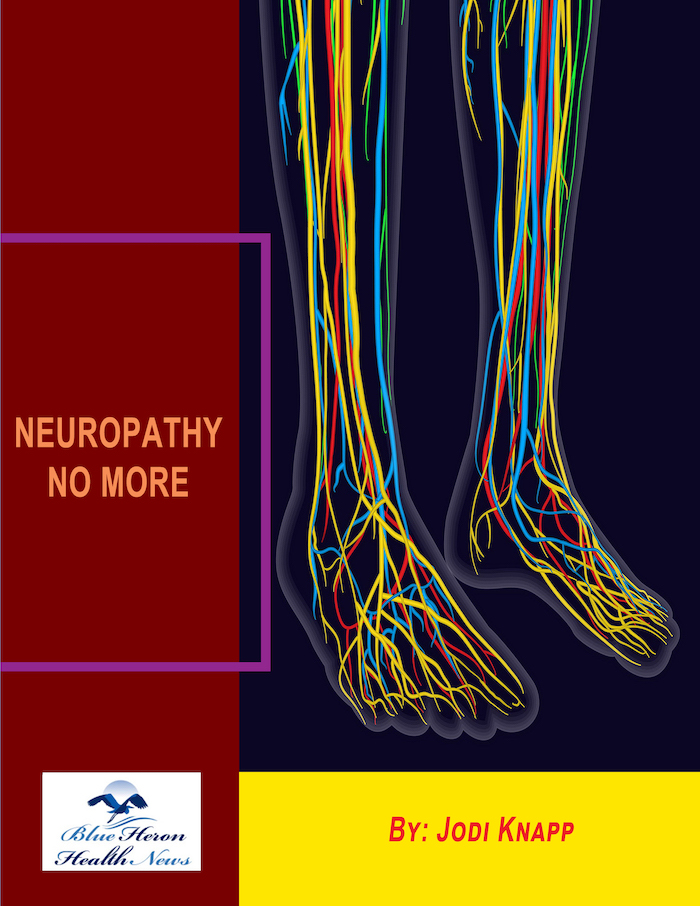
Neuropathy No More neuropathy No More By JODI KNAPP neuropathy is one of the most painful diseases which can make people suffer a lot. Even though medical science has progressed a lot, it could not really found a solution for this condition. This is because the condition is deep routed. You have to make sure that you are changing some of the lifestyle patterns to get relief from the symptoms. The Neuropathy No More is exactly what you need for that. This program is quite helpful and can provide you with all the important information that you will need to ensure better life without the symptoms.
How do antidepressants help manage neuropathy pain?
Antidepressants are commonly used in the management of neuropathy pain, particularly in conditions like diabetic neuropathy, postherpetic neuralgia, and fibromyalgia. Although they are primarily prescribed to treat depression, certain classes of antidepressants can also be effective in reducing neuropathic pain through various mechanisms. Here’s how antidepressants help manage neuropathy pain:
1. Tricyclic Antidepressants (TCAs):
- Mechanism of Action:
TCAs, such as amitriptyline and nortriptyline, are among the most commonly prescribed antidepressants for neuropathic pain. They work by increasing the levels of neurotransmitters like serotonin and norepinephrine in the brain and spinal cord. These neurotransmitters help modulate pain signals and improve pain tolerance. - Additional Effects:
TCAs also block certain receptors in the nervous system, including those involved in pain transmission. By enhancing the descending pain inhibitory pathways, they reduce the sensation of pain at the spinal cord level. - Efficacy:
TCAs are often effective for managing pain, particularly in conditions like diabetic neuropathy, postherpetic neuralgia, and phantom limb pain. However, they may have side effects such as dry mouth, sedation, and constipation.
2. Serotonin-Norepinephrine Reuptake Inhibitors (SNRIs):
- Mechanism of Action:
SNRIs, such as duloxetine (Cymbalta) and venlafaxine (Effexor), increase the levels of both serotonin and norepinephrine in the central nervous system, which play a key role in pain modulation. The higher levels of these neurotransmitters help reduce the perception of pain by improving pain control pathways in the brain and spinal cord. - Efficacy:
SNRIs are particularly effective for conditions like diabetic neuropathy, fibromyalgia, and chronic musculoskeletal pain. They are often preferred over TCAs because they tend to have fewer side effects (like sedation and anticholinergic effects).
3. Selective Serotonin Reuptake Inhibitors (SSRIs):
- Mechanism of Action:
While SSRIs (such as fluoxetine and sertraline) primarily target serotonin by inhibiting its reuptake, they are less commonly used for neuropathy pain compared to TCAs or SNRIs. However, in some cases, they may be prescribed when the pain has a psychological component (such as in chronic pain with depression). - Efficacy:
SSRIs are generally less effective for direct pain relief than TCAs or SNRIs, but they may provide some benefit when the pain is accompanied by mood disorders like anxiety or depression.
4. Pain Modulation:
- Antidepressants modulate how the brain and spinal cord process pain signals. They don’t directly treat the underlying cause of neuropathy (such as nerve damage or inflammation) but alter the way the nervous system responds to pain signals, effectively reducing the intensity of pain perception.
- By enhancing the body’s natural pain control mechanisms, antidepressants can help reduce the sensitivity of the nervous system to pain, a phenomenon known as central sensitization.
5. Other Mechanisms:
- Neuroplasticity:
Chronic pain can alter the way the nervous system processes signals. Antidepressants, especially TCAs and SNRIs, can promote neuroplastic changes, helping to restore normal pain signaling pathways in the brain and spinal cord. - Mood and Sleep Improvement:
Many people with neuropathy pain also experience depression, anxiety, and sleep disturbances, which can amplify pain perception. Antidepressants help address these mood and sleep issues, improving overall quality of life and, in turn, reducing pain.
Summary:
Antidepressants help manage neuropathy pain by:
- Increasing neurotransmitters (serotonin and norepinephrine) in the brain and spinal cord, which modulate pain signals.
- Blocking pain transmission at the spinal cord level and promoting natural pain relief mechanisms.
- Improving mood and sleep, which can reduce the impact of chronic pain.
Different classes of antidepressants (TCAs, SNRIs, SSRIs) offer various benefits depending on the specific type of neuropathic pain and the patient’s other health conditions. The choice of antidepressant is often based on the patient’s tolerance of side effects, as well as the underlying conditions contributing to the pain.
Neuropathy No More neuropathy No More By JODI KNAPP neuropathy is one of the most painful diseases which can make people suffer a lot. Even though medical science has progressed a lot, it could not really found a solution for this condition. This is because the condition is deep routed. You have to make sure that you are changing some of the lifestyle patterns to get relief from the symptoms. The Neuropathy No More is exactly what you need for that. This program is quite helpful and can provide you with all the important information that you will need to ensure better life without the symptoms.